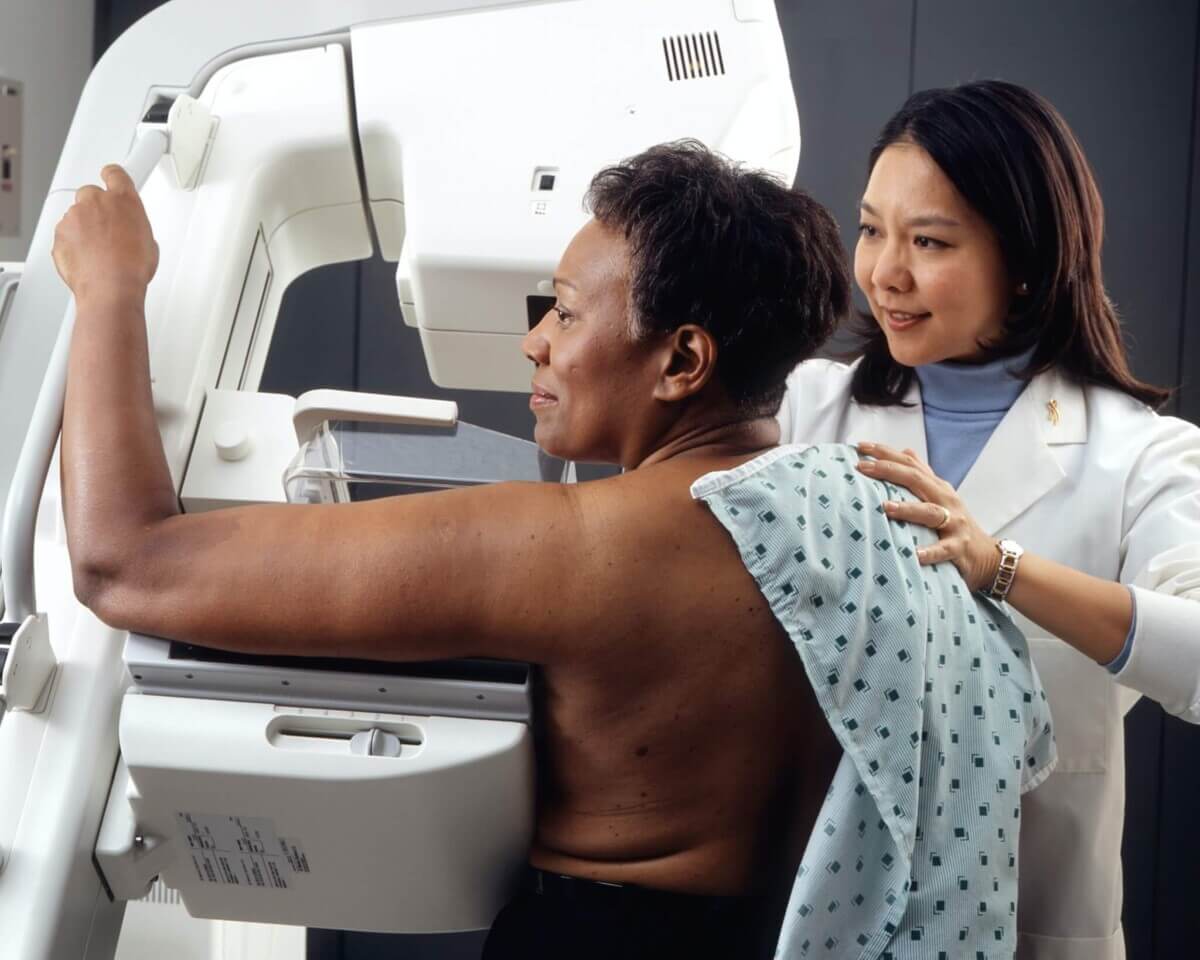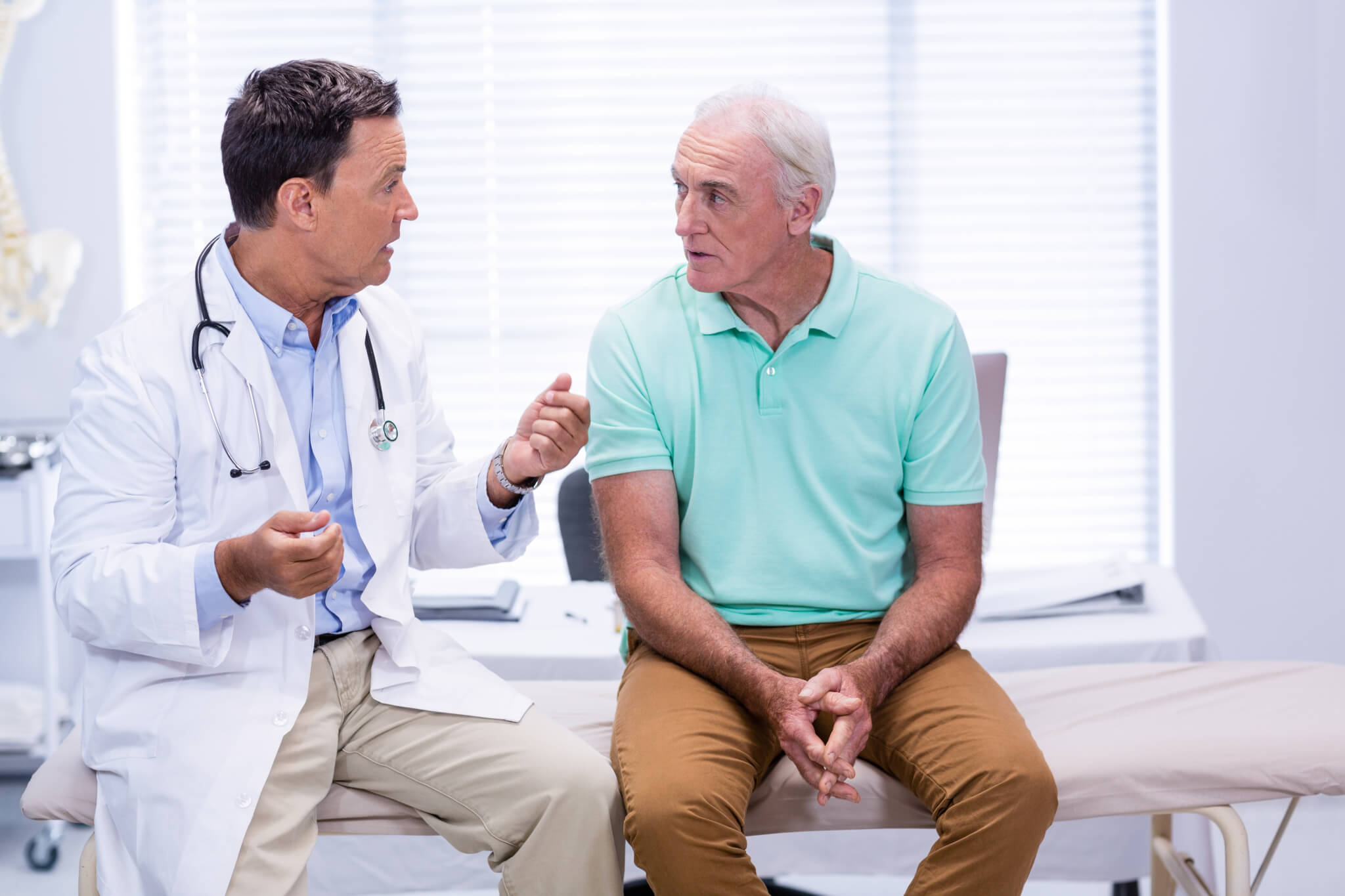
(Photo by National Cancer Institute on Unsplash)
It seems intuitive. Older people need more medical surveillance for common diseases, as well as immunizations and other preventive measures. Well, intuition isn’t always reliable. Some common medical tests are not recommended after a certain age or when there are no symptoms. Some may even be harmful.
After age 65, office visits with your physician may be recommended more frequently. These visits are for chronic disease or surveillance. Some routine screenings and treatments may not be necessary, such as prostate specific antigen (PSA) testing, urinary tract infections (UTIs) testing, and diabetes testing.
What happens with too much screening and treatment? It can be expensive, time-consuming, and stressful. For example, screening for a UTI may be unnecessary and potentially harmful. Many older women virtually always have bacteria in their bladders, but they aren't causing active infections, and there may be no symptoms. A positive test result after screening can lead to unnecessary antibiotic treatment. There is the potential for drug side-effects, such as nausea, diarrhea, or dizziness. It can also lead to antibiotic resistance, a major public health problem. Antibiotics can be expensive, too.
PSA screenings in men over the age of 70 often result in false positives. These can lead to invasive procedures and side-effects from treatments. That’s why the United States Preventive Services Task Force (USPSTF) now recommends against PSA screening for this age group.
The negative consequences of overtreating diabetes are risk factors for older people. Close management of blood sugar levels is important, but guidelines for control need to be loosened with aging and its associated natural changes in metabolism. Older adults are at higher risk of low blood sugar, which can be life-threatening.

Care and prevention to consider withholding
There are other common medical tests that could be reconsidered in older adults or even withheld from some patients. Physicians and patients together must weigh the benefits against the possible harms in each individual case. The decision about screening should be based on a patient’s health history, current health, life expectancy, and the patient’s concerns and preferences.
Common medical tests and screenings that older adults might not need include the following:
Colonoscopy
Ages 45–75: Screening by colonoscopy should begin at 45 in people at average risk for colorectal cancer. Most adults should continue colonoscopies every 10 years during this time.
Ages 76–85: In this age group, the decision to screen should be made on a case-by-case basis between a healthcare provider and the patient. Consideration is given to a person's overall health, life expectancy, circumstances, and previous screening history.
Ages 85 and older: Experts advise against getting colonoscopies after the age of 85, as the risk of complications from the procedure may outweigh the benefits of the screening.
Mammograms
The USPSTF recommends, for women at average risk, a mammogram every two years from age 40 to 74. Women with risk factors should be evaluated on a case-by-case basis for more frequent screening or using other screening methods such as MRI.
Pap Smears
Women 21-29 should have a Pap test alone every three years (but should not be tested for HPV).
Women 30-65 should have a Pap test and an HPV test (co-testing) every five years. It also is acceptable to have a Pap test alone every three years, although the American Congress of Obstetrics and Gynecology (ACOG) prefers the five-year co-testing schedule.
Women over age 65 can stop having Pap smears if they do not have a history of moderate to severe abnormal cervical cells or cervical cancer and they have had either three negative Pap tests in a row or two negative co-test results in a row within the past 10 years, with the most recent test done within the past five years.
Anxiety screening
A group of medical experts have proposed a recommendation that all adults through 65 years of age be screened for anxiety disorders. The task force, for the first time, is recommending anxiety screening for adults. It is also updating its recommendations for screening for depression in this age group.
Type 2 diabetes
The U.S. Preventive Services Task Force recommends screening for prediabetes and Type 2 diabetes if you are between the ages of 35 and 70, are overweight or obese, and have no symptoms of diabetes.
If you have signs and symptoms of diabetes or hyperglycemia (high blood sugar), it is important to get screened regardless of age or weight. Signs and symptoms of Type 2 diabetes include:
- Urinating frequently
- Feeling very thirsty
- Feeling very hungry
- Feeling very tired
- Blurred vision
- Slow-healing cuts or bruises that take a long time to heal
- Headache
- Numbness, pain, or tingling in the hands or feet
These are highly recommended screening and preventive measures for all older patients:
- High blood pressure
- Cholesterol level
- Vision and hearing
- Bone density
- Influenza vaccine
- COVID vaccine
- Pneumococcal vaccine
- RSV vaccine
Your takeaway messages:
- After age 65, you may not need all the screening and preventive measures recommended for adults.
- When your healthcare provider orders a test or immunization, speak up if you are unsure why it is needed.










